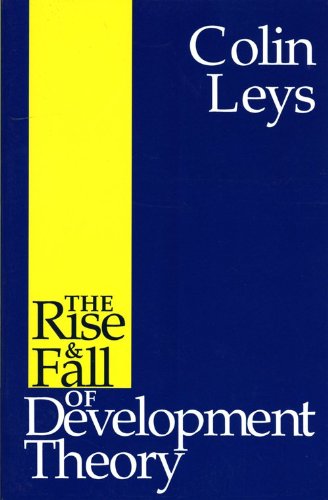

Most ebook files are in PDF format, so you can easily read them using various software such as Foxit Reader or directly on the Google Chrome browser.
Some ebook files are released by publishers in other formats such as .awz, .mobi, .epub, .fb2, etc. You may need to install specific software to read these formats on mobile/PC, such as Calibre.
Please read the tutorial at this link: https://ebookbell.com/faq
We offer FREE conversion to the popular formats you request; however, this may take some time. Therefore, right after payment, please email us, and we will try to provide the service as quickly as possible.
For some exceptional file formats or broken links (if any), please refrain from opening any disputes. Instead, email us first, and we will try to assist within a maximum of 6 hours.
EbookBell Team

5.0
20 reviews"He has this wonderful and rare capacity to delineate the most complex of arguments in the most limpid prose. He never takes refuge in jargon. He demolishes pretentiousness. He is disarmingly honest. He hits you between the eyes. He is not afraid to be a lone voice as, increasingly, nowadays he is, the still small voice of humane sanity in an increasingly barbarous and market-oriented world. He makes immediate sense to anybody voting marginally to the left of Genghis Khan, Mrs. Thatcher or Newt Gingrich." -- John Lonsdale, Fellow of Trinity College, Cambridge.
This book is a "stock-taking" of development theory at the end of the 20th century. It argues that the assumptions on which development theory has rested since the 1950s no longer hold. The postcolonial "third world" for which development theory was originally developed has fractured into increasingly diverse regions, while the end of the postwar regime of regulated international trade and capital movements has drastically curtailed the scope for state economic intervention. A much broader based, more historical and more explicitly political theoretical effort is now called for.